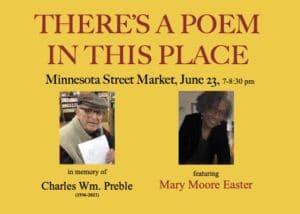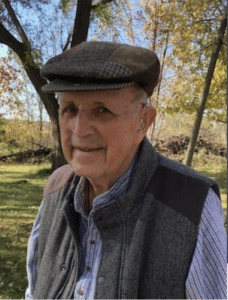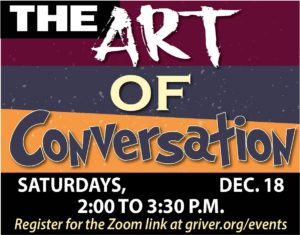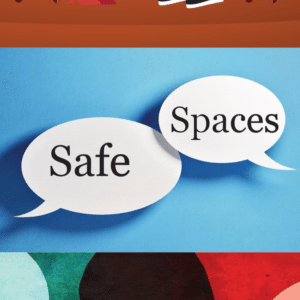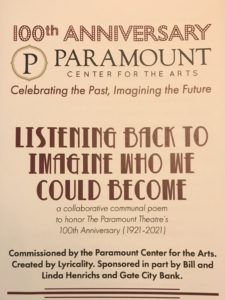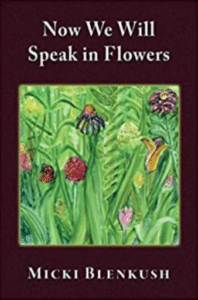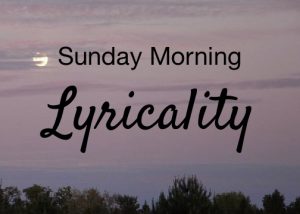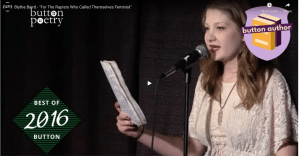Kris Bigalk’s poem The First Day I Un-Loved You is all about awakening.
Awakenings can make us feel like our current life is being ripped away and being pieced back together simultaneously. It feels like being caught between this person we are for someone else, the person we actually are, and the mess of a person we are right now. Therefore, yeah who needs clothes, who needs to shave, do not even make a waxing appointment and yes, Doritos are sustenance.
Awakenings help us to recognize all the ways we make ourselves fit into other people’s rules, margins, and packaging. Is there room on that couch Kris? Let’s sit here and go numb and after that, we can take that purple dress to a second hand store.
